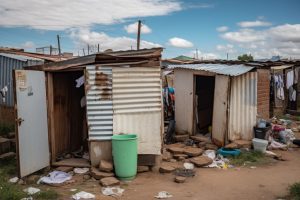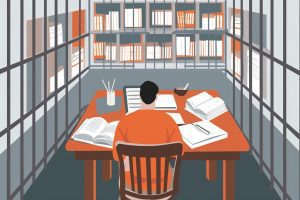The National Conference on Integrated Criminal Justice System focused on reviewing the Integrated Criminal Justice System and Criminal Procedure Act, No. 51 of 1977. Deputy President Mashatile emphasized the importance of examining the current legal framework to ensure that our laws are consistent with international standards and identified the challenges faced by the criminal justice system and democracy, including genderbased violence, corruption, and crime. The conference emphasized the importance of independent judicial institutions free from political influence and drew attention to the ongoing review process by the Minister of Justice to reinforce bail laws and address the worries of victims and communities.
South Africa’s Supreme Court of Appeal has ruled in favor of several thousand South Africans living abroad who previously lost their citizenship when applying for a second citizenship. The court has invalidated an apartheidera law, subsequently reinstating South African citizenship for those affected.
The South African Information Regulator has taken a major step towards increasing transparency and accountability within the country’s political parties. In a recent announcement, the Regulator revealed plans to conduct a series of assessments of political parties’ compliance with the Promotion of Access to Information Act 2, 2000 (PAIA).
The water and sanitation crisis affecting several towns in South Africa has led to broken pipes and maintenance holes, causing severe sewage issues that impact the lives and health of thousands of residents. This crisis is evident in towns like Sannieshof, Ottosdal, and Delareyville, where raw sewage has flooded parts of the local cemetery and forced some households to avoid using their toilets due to backflows from the blocked sewerage system.
The issue of education for prisoners in South Africa has been a topic of much debate for many years. Recently, Lawyers for Human Rights (LHR) filed a court case on behalf of a prisoner, Mbalenhle Sydney Ntuli, regarding using personal computers in cells for educational purposes. This case has brought the issue to the forefront once again.





